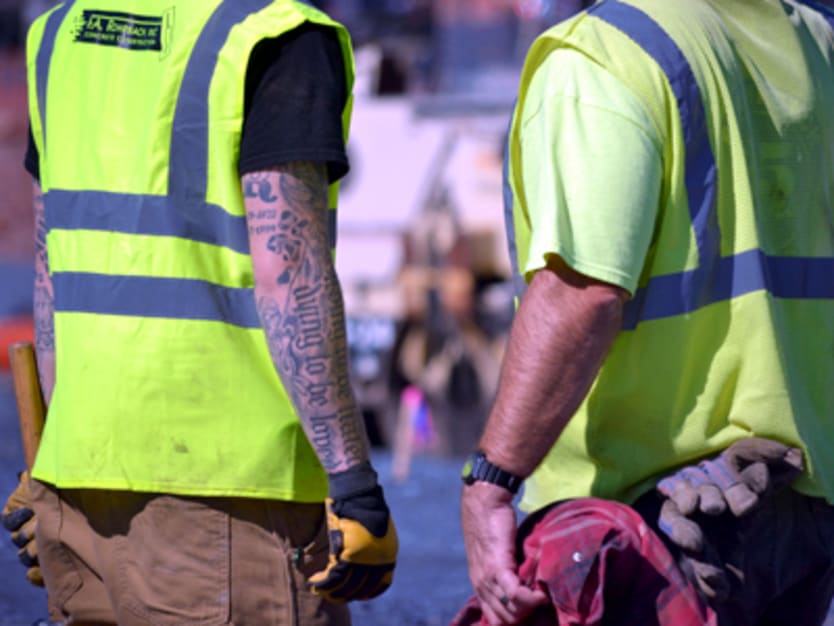
Prejudice exists no matter where you are. Aid workers constantly face them, too, not only when the public question their mission but also due to cultural differences.
In many places around the world, discrimination is rampant, and government protections are few.
“It’s a delicate balance many aid workers must strike: respecting a different culture while staying true to themselves, their ideals and often a sense of duty to combat prejudice,” Kate Warren, director of global recruiting services at Devex, said in a recent Career Matters column.
Many Devex readers wrote to agree with Warren’s argument.
Noting the importance not to offend, Nicole West said striking the balance is not about personal sacrifice. Restraint, she added, can make the difference between a successful and a failed mission.
Elaine Wong suggested you can be yourself and show your colors when it is the right time to do so. As an example, she cited her experience working in Afghanistan, wearing a headscarf when leaving the office and entering a government office but choosing to go without when conducting training in a private setting.
“The issue here should be ‘sensitivity’ in any given circumstance, not just about asserting who you are. You should know who you are without always having a need to display it,” Wong said. “And it is also important to explore the motivation for assertion of oneself.”
Aside from observing cultural sensitivity, it’s important to be circumspect in words and actions, according to Lilly Hidalgo.
She wrote: “Gender-bias is the greatest challenge where interest groups take offense especially on issues with clear gender divide, and where your work may make a lot of difference that may upset the status quo i.e., exposing the ineptness of institutions and drivers of conflicts and lawlessness that are endemic, however part of the informal structure and the culture — not obvious to an outsider. To act contrary and otherwise, may endanger your personal safety and security, as you find yourself ineffective — your credibility tarnished in whatever means, undermined and compromised. Seldom would employers rock the boat or antagonize the local/national power-holder(s) who have the say if you (or/and the company) can operate safe and secure or at all in the area. The way out is … hang your development hat, find comfort you have your life, your home and your country where “public policy, laws and general public opinion protect [you] in the workplace and from society at large.” God bless the local development workers as well as health workers (especially in far-flung areas where semi-feudal systems prevail) who have none of these. This does not happen everyday, but it does, and it could to you.”
Chantel Welch shared a lesson learned while serving in the Peace Corps: to always start far more conservative than you think is necessary. She said she made sure to cover her tattoos and wear long, loose clothing until she had established herself as a local farming volunteer and not just another tourist.
“It is much easier to loosen up over time than it is to erase people’s first impressions of you,” Welch said.
“When my local mom made comments to me about ‘foreigners coming into her restaurant wearing inappropriate clothing (short shorts),’ I was thankful that I hadn’t made that mistake in my early days.”
What do you think? Join the conversation by leaving a comment below.








